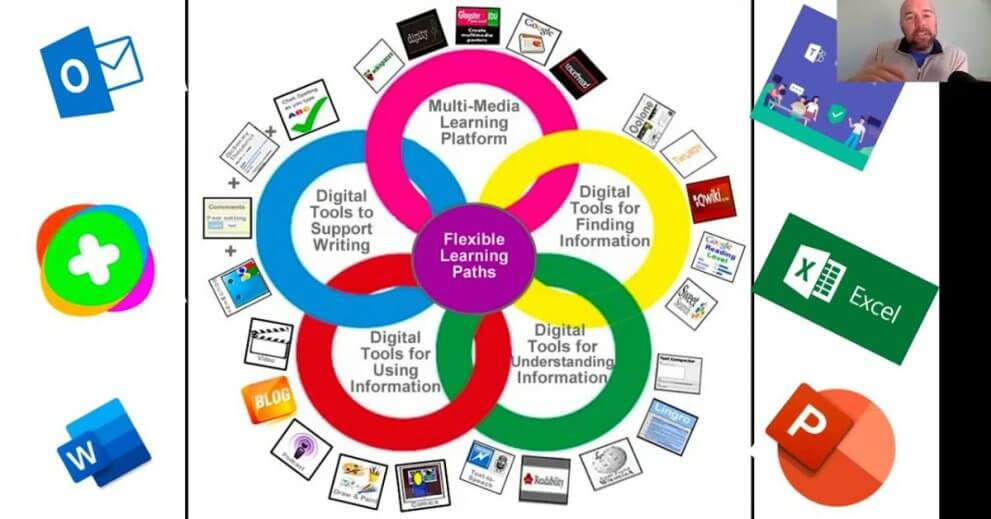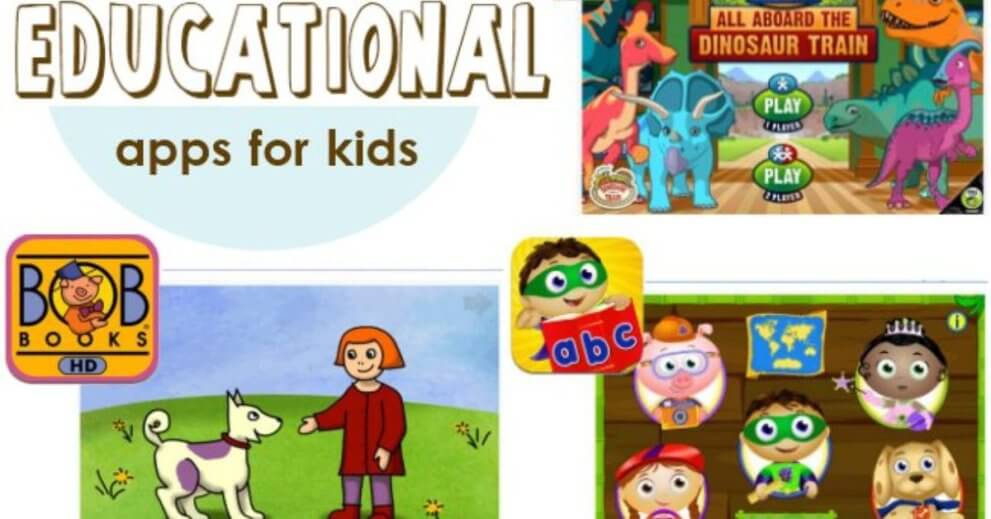In today’s digital world, technology has transformed the way children learn. Learning apps for kids have become an essential tool for parents and educators, providing interactive and engaging ways to teach various skills. These apps are designed to make learning fun, combining education with entertainment. From improving math skills to fostering creativity, these apps cater to children of all ages.
With so many options available, choosing the right learning app for kids can be overwhelming. Whether you’re looking to boost your child’s reading ability or teach coding basics, the right app can make all the difference. Let’s explore the impact and benefits of these innovative tools.
How Learning Apps for Kids are Revolutionizing Education
The rise of learning apps for kids has significantly transformed traditional education methods. Gone are the days of relying solely on textbooks and worksheets. Today, apps integrate videos, quizzes, and interactive exercises to keep children engaged. For instance, apps like Duolingo teach languages through gamified lessons, while platforms like Khan Academy make advanced subjects accessible.
Parents and teachers appreciate these apps for their adaptability. Many apps use NLP (Natural Language Processing) to customize content based on a child’s progress, ensuring that learning remains personalized and effective. This innovative approach allows children to advance independently while receiving immediate feedback.
May You Read More Blog:https://digibizt.com/10-ways-to-improve-your-contents-readability/
Features That Make Learning Apps Effective

Learning apps for kids are designed to be interactive, offering engaging features that keep children interested in learning. Through gamification, these apps use rewards and challenges to motivate kids, turning learning into a fun experience. This method helps improve focus and retention, making educational tasks feel more like play than work.
Additionally, many apps adapt to a child’s learning pace by personalizing content. They adjust difficulty levels as kids progress, ensuring they’re always working at the right level. Real-time tracking also allows parents and educators to monitor progress, making it easier to support the child’s development. With these features, learning apps are a powerful tool for dynamically fostering knowledge and skills.
The Benefits of Learning Apps for Kids

Learning apps for kids provide a fun and interactive way to enhance education. They combine engaging visuals, games, and quizzes to make learning exciting and accessible. These apps cover various subjects, helping children develop skills in math, science, reading, and more while fostering creativity and critical thinking.
Benefits of Learning Apps for Kids:
- Boosts engagement with interactive and fun content.
- Encourages self-paced learning and independence.
- Develop critical thinking, creativity, and problem-solving skills.
- Provides access to a wide range of subjects and resources.
- Enhances digital literacy and prepares kids for the tech-driven world.
Choosing the Right Learning App
With so many options available, selecting the best learning apps for kids can be overwhelming. Parents should consider their child’s age, interests, and learning goals. For instance, toddlers might enjoy apps like Endless Alphabet, which introduces them to letters and phonics. Older kids may benefit from coding apps like Tynker, which teaches programming basics through fun challenges.
Another crucial factor is the app’s security and privacy features. Parents should look for apps with robust parental controls and minimal ads to ensure a safe learning environment. Additionally, reading reviews and checking app ratings can provide insights into their effectiveness.
Case Study: The Success of Learning Apps
A prime example of the impact of learning apps for kids is the widespread adoption of Byju’s in India. This app combines video lessons with interactive quizzes to make learning enjoyable. Byju has helped millions of students improve their academic performance, particularly in subjects like math and science.
Similarly, apps like Epic! have revolutionized reading by offering a digital library with thousands of books for children of all ages. By making reading accessible and fun, these apps are fostering a love for literature among young learners.
Final Thoughts
Learning apps for kids have become an indispensable part of modern education. By combining technology with innovative teaching methods, these apps make learning accessible, engaging, and effective. Whether your child is a budding artist, a math enthusiast, or an aspiring coder, there’s an app designed to nurture their potential.
As we embrace the digital age, investing in quality learning apps is a step toward creating a brighter future for the next generation. With the right tools, education becomes a necessity and a lifelong adventure.
FAQ’S
Are learning apps for kids effective for early education?
Yes, they provide interactive lessons that engage young learners and improve retention.
What features should I look for in a learning app?
Look for apps with engaging visuals, progress tracking, and parental controls for safety.
Can learning apps help kids with special needs?
Absolutely, many apps offer customized content to support diverse learning needs.
